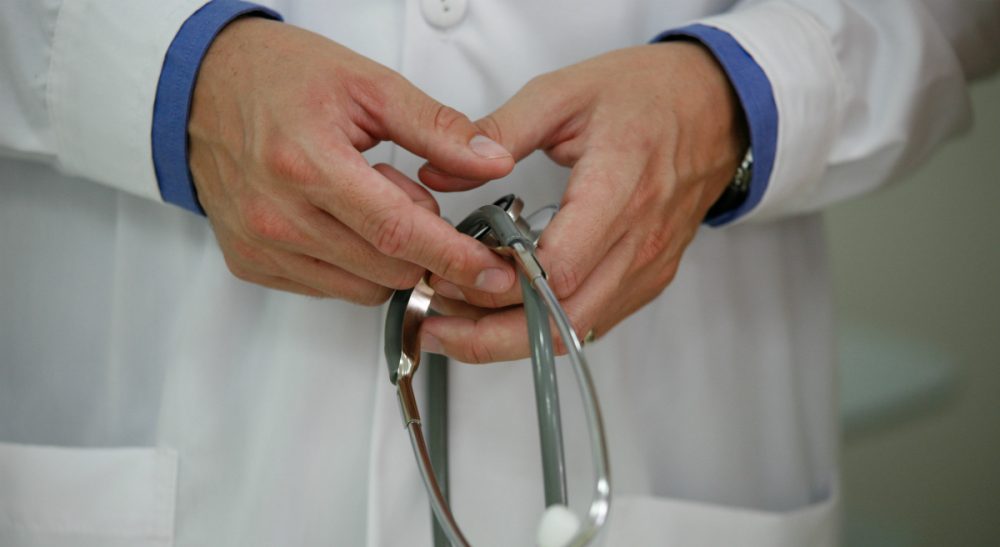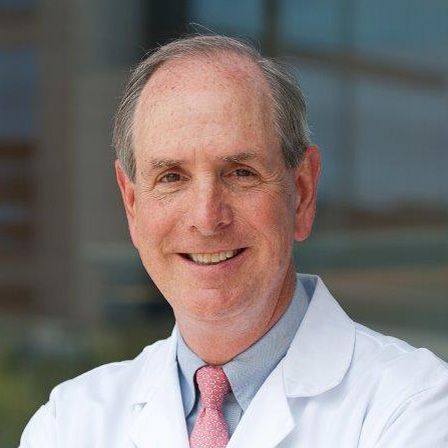Advertisement
Caring 101: A Simple Lesson For The First Days Of Medical School

In medical and nursing schools across America, the first days of school are upon us. We welcome our students and affirm our pledge to teach those who come after us in the noble cause of medicine.
Thirty years ago, I was one of those students. There I stood in anatomy lab, holding the heart of a deceased elderly woman in my hands. Three decades later, I recall this moment as if it were yesterday. She never knew it, but that woman remains one my very best teachers, a patient generous enough to donate her body to science for the education of future doctors. That day, I had an epiphany: There comes a time in many lives when one must place one’s life and health in someone else's hands. As I held that heart, I realized that those hands would be mine.
There I stood in anatomy lab, holding the heart of a deceased elderly woman in my hands. Three decades later... that woman remains one my very best teachers, a patient generous enough to donate her body to science for the education of future doctors.
Soon, our first-year students will experience the power of this realization for themselves, whether in the anatomy lab or the dim light of patient’s room, as they extend a hand in tender contact. Soon, too, these new physicians and nurses will experience the excitement of studying science and the human condition, the humbling power of bringing better health to their world and to the one beyond our borders. And for all the sweeping changes that will redefine how doctors and nurses do their jobs over the course of their careers, what will remain constant is the extraordinary and humbling gift of providing care.
These students can only imagine what awaits them.
What will it be like to put their fingers through those of a tiny, premature baby, whose parents tremble at the sight of the love of their lives? To take the hand of a young soccer player whose broken arm needs a cast, and to reassure her she will play again? To grasp the hands of parents while they hold the hand of their college student who clings to life on an emergency room stretcher? To hold the hand of their first patient with breast cancer, or melanoma or a brain tumor, when they realize they don't have enough hands to hold those of the spouses and the children who need comfort, too? To hold the hand of a grandfather with senile dementia, once a titan of business struck down by a debilitating disease?
What will it be like? With deepest respect and gratitude, I helped to care for each of these patients and many others besides. Each one placed a hand in mine, and each instance represented the privilege of a lifetime.
I wonder what it will be like one day to have my own hand held by one of our new students. We may hold hands when a person who is dear to me is ill. It may be when I am worried that my future is short, or when I cannot remember my past. It may be when it is my hand being held in anatomy lab. In that case, it is my hope that they will find it a privilege to care for me.
Related:
